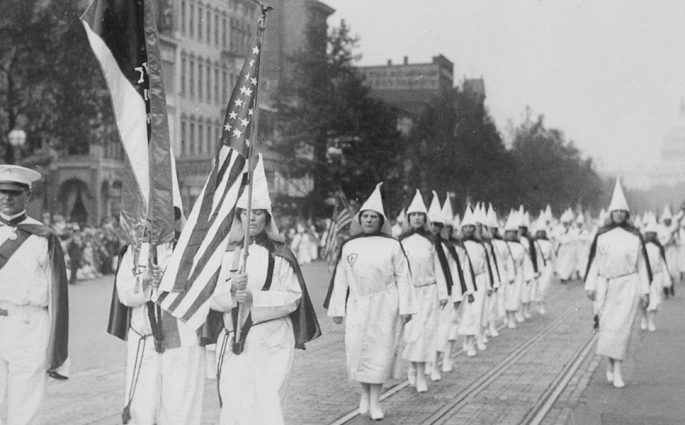Why Oil Prices May Go on Falling – Forever
Dieter Helm— When the Saudis decided to draw a halt to the great shale oil boom in the United States at the end of 2014, they thought they could administer a short, sharp shock of lower prices that would kill off this threat, and then the market would rebalance again










